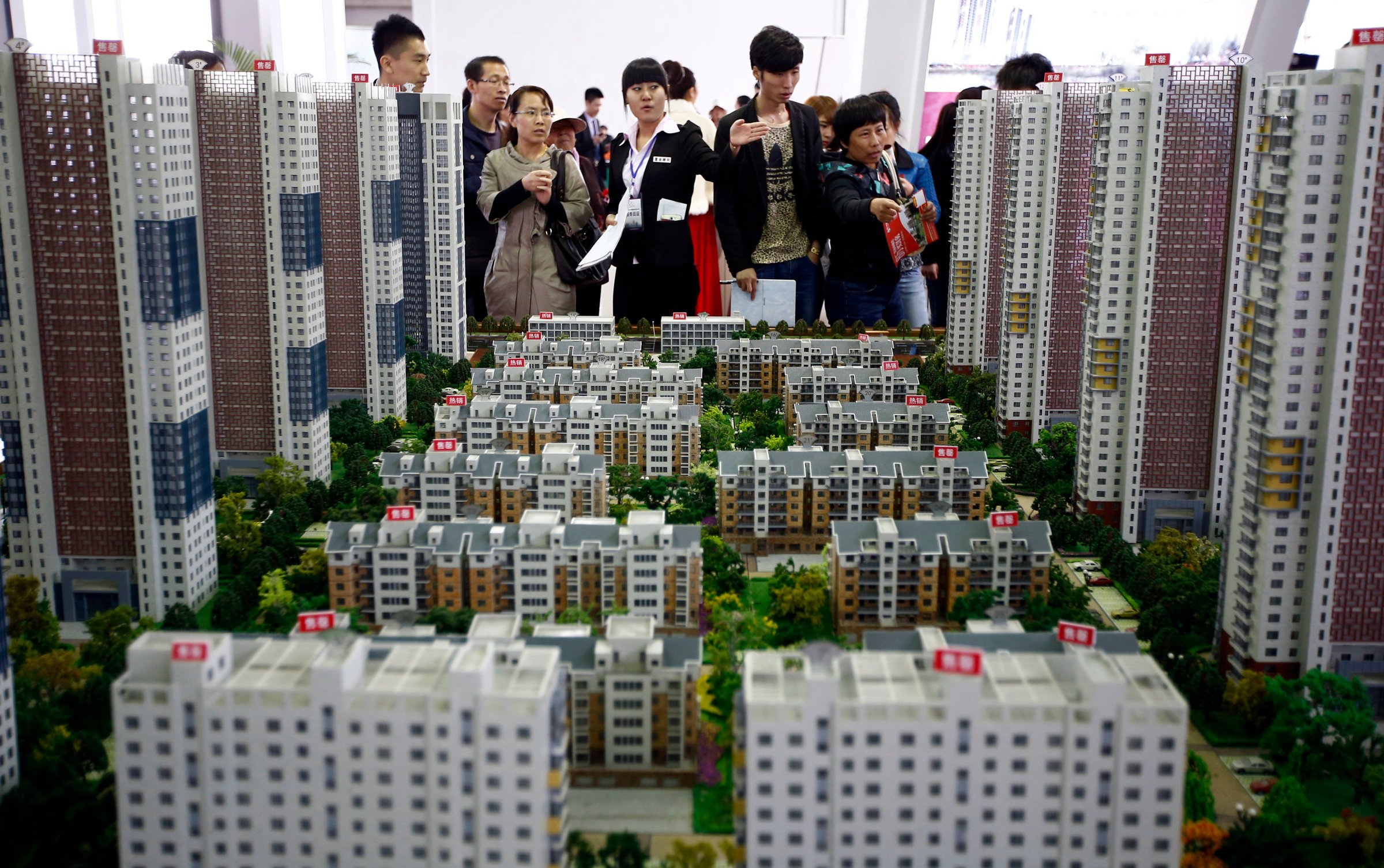
“Will the government save the market if housing prices fall?” That was the question being asked in China this week — not by stressed-out mortgage holders, but by the country’s most famous (and wealthy) property mogul, Pan Shiyi.
Pan, the chairman of giant real estate developer SOHO China, has made a series of pronouncements in recent weeks that reflect an increasingly bearish long-term outlook for China’s property sector.
At an industry forum in late May, Pan compared the nation’s real estate prospects to the Titanic. “It [the real estate industry] will soon hit the iceberg in front of it,” he declared.
Pan’s outlook may be bleak, but is borne out by statistics. According to Standard & Poor’s, residential housing prices in China will drop by 5% this year — a dramatic reversal from last year’s rise of 11.5%.
That’s bad news for China’s property holders, but potentially also a worrying sign for global investors. With Chinese economic growth heavily dependent on the real estate sector, which accounts for 20% of GDP by some estimates, a sharp slowdown in the property market would be felt far beyond China’s borders. (China is, after all, the world’s largest trading nation.)
After more than a decade of sizzling double-digit growth, the government is targeting 7% growth this year. But the potential for a real estate correction means that the actual number could be much lower.
There are already some signs that imports are being affected as consumer confidence weakens. The General Administration of Customs announced Sunday that imports in May declined 1.6% year on year — a drop that surprised industry analysts. That compared to an increase of 0.9% year on year in April.
With prices trending sharply downward, the president of the country’s largest residential real estate developer, Vanke, has declared that the “golden age” for property is over. “The period when everyone made money from property is gone,” Yu Liang was quoted as saying recently.
A conflagration of factors is driving the decrease in prices, not least repressive market policies that restrict the number of properties city dwellers can own. Markets in larger cities are also being flooded with knockdown properties being dumped by overextended investors or government officials looking to rid themselves of any undeclared assets in light of a recent and severe government crackdown on corruption.
Chinese media reported Monday that one coal-mining magnate was attempting to offload 100 apartments in a coveted location along Beijing’s Second Ring Road.
Little wonder, then, that the property mogul Pan is on the lookout for the visible hand of the government. But, for now at least, state intervention seems unlikely. In a report late last month, the Ministry of Housing and Urban-Rural Development declared that it would stay on the sidelines and “respect the adjustment role of the laws of the market in the real estate sector.”
More Must-Reads from TIME
- Cybersecurity Experts Are Sounding the Alarm on DOGE
- Meet the 2025 Women of the Year
- The Harsh Truth About Disability Inclusion
- Why Do More Young Adults Have Cancer?
- Colman Domingo Leads With Radical Love
- How to Get Better at Doing Things Alone
- Michelle Zauner Stares Down the Darkness
Contact us at letters@time.com